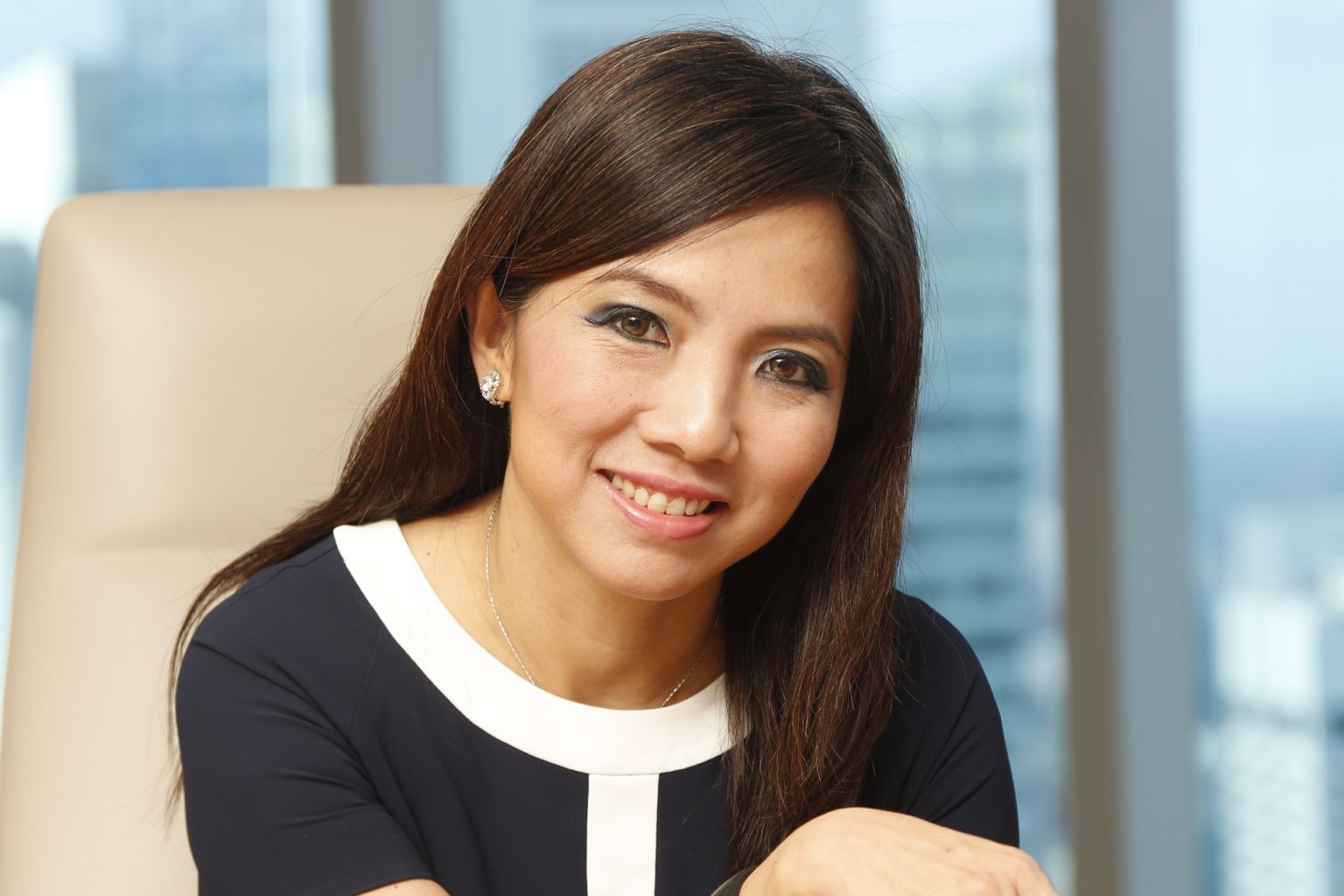DBS to adopt risk-management framework Equator Principles in sustainability push
Sign up now: Get ST's newsletters delivered to your inbox

Group head of institutional banking group at DBS Tan Su Shan said the bank acknowledges the importance of incorporating environmental and societal considerations into its lending decisions, and to managing its business in a balanced and responsible way, contributing to a more sustainable future.
PHOTO: DBS
SINGAPORE - DBS said it has become the first bank in Singapore and South-east Asia to adopt an internationally recognised framework for financial institutions to determine, assess and manage environmental and social risk in development projects.
The Equator Principles (EPs) also outline environmental and social standards for large-scale developments, and is based on the International Finance Corporation (IFC) Performance Standards published by the World Bank Group.
DBS's adoption of the EPs means it will "go the extra mile" to disclose information on large-scale developments it is involved in, the lender said in a media statement on Monday (Nov 18).
This will be on top of the bank's existing adherence to due diligence processes in accordance with IFC's Performance Standards when assessing large project financing deals.
In April, the bank announced that it will stop financing new coal-fired power plants in any market once its existing commitments are completed by 2021, and is stepping up financing of renewable energy projects.
The latest initiative by the bank, a Temasek-linked company, also comes as Temasek Holdings flagged last week that it would like to "shape a carbon neutral portfolio sooner rather than later", and to go carbon neutral by 2020.
Ms Tan Su Shan, group head of institutional banking group at DBS, said on Monday: "We believe the South-east Asia region will see significant infrastructure development over the next few years, and financing will play a central role.
"As that happens, we acknowledge the importance of incorporating environmental and societal considerations into our lending decisions, and to managing our business in a balanced and responsible way, contributing to a more sustainable future."
DBS believes that Singapore's position as a global financial centre and legal hub will also help create an inclusive environment to facilitate infrastructure projects in the region.
Over the years, the bank has advanced its sustainability agenda based on three areas: responsible banking, responsible business practices and creating social impact.
In the area of responsible financing, this year, the bank expects to close more than $4 billion of sustainable finance transactions comprising green loans, sustainability performance-linked loans and renewable energy financing.


